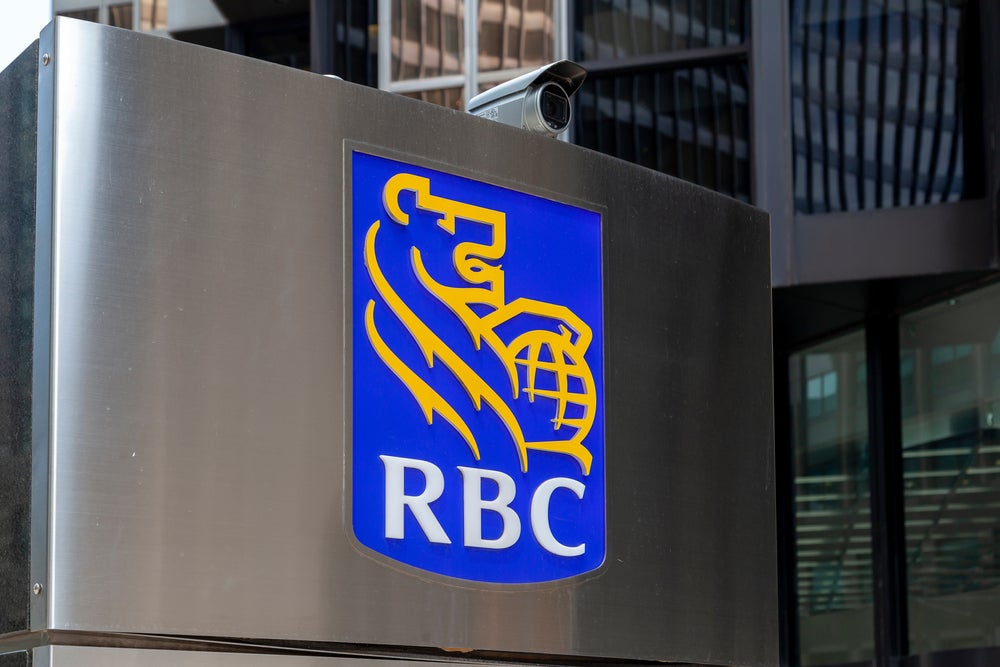Europes retailer-led open-loop prepaid segment is growing, but the US has undeniably led the way. Already in the US a large number of retailers have invested significantly in marketing to leverage their brand in support of their prepaid value propositions. Cards International looks at how Europe is catching up
The adoption of open-loop prepaid cards by retailers is driven by two factors. Firstly, its contribution to the bottom line: A well-run prepaid card can provide additional, diversified, revenue for the retailer. Secondly, it drives an increase in average revenue per customer and raises brand value. A retailer-issued prepaid card can boost primary (retail) revenue streams through sales uplift and increased loyalty, particularly when integrated with a new or existing loyalty scheme.
An iQ report from April 2010 highlights notable results seen by early adopters in India, where card users showed a 15% increase in purchase patterns, and over 60% of enrolled members continued to use the loyalty programme on a later visit.
Uplift of up to 30% has been seen on other schemes, including on Manchester City football clubs recent pilot stadium card which was trialled in 2008 by 3,500 fans, as reported by Polymath Consultings Global Review of Cashless Stadiums.
Retailer-led open-loop prepaid cards taken to market have so far consisted of four types: general-purpose, youth, travel, and online.
How well do you really know your competitors?
Access the most comprehensive Company Profiles on the market, powered by GlobalData. Save hours of research. Gain competitive edge.

Thank you!
Your download email will arrive shortly
Not ready to buy yet? Download a free sample
We are confident about the unique quality of our Company Profiles. However, we want you to make the most beneficial decision for your business, so we offer a free sample that you can download by submitting the below form
By GlobalData
General-purpose
General-purpose cards developed from consumer demand for an inclusive card product that provides all the convenience and functionality of a credit card which also helps them to control their budget and allows them to carry out transactions with peace of mind.
Retailers recognise this need and see the open-loop prepaid card as a profitable way of satisfying the gap in the market, particularly as Europes consumers become more budget-conscious.
In the US, the advantages of the general-purpose prepaid card have particularly resonated with consumers. According to Bloomberg, the number of prepaid cards rose 18% in 2011 while credit card numbers dropped 7% and debit cards 12% in the same period.
However, the European market is starting to catch up with mobile phone retailer Phones4U stating in a 2011 press release that feedback from users suggests growing worries about job security and the rising cost of living has prompted many to cut back and opt to budget with pre-paid cards resulting in a month on month increase in sales over the first half of the year.
Retailers are especially well placed to capitalise on consumer mistrust of traditional financial services. Successful marketing of the general-purpose prepaid card emphasises the convenience and trustworthiness of the retailer, helping to boost their role in providing alternative financial services.
Youth
In addition to being a budgeting solution for the general consumer, prepaid is proving to be an interesting and popular proposition for the youth market.
Eurostat estimates the European youth population is approaching 55m, and represents a very large potential market for retailers. According to the 2009 Teen and Tweeneconomics study there are 3.5m children between the ages of 13 and 17, each spending an average of £793 a year in the UK alone.
Increased spending power among youth is driving the need for more convenient spending mechanisms such as prepaid cards that dont require credit qualification, says a statement on programme manager White Eagles website.
Prepaid cards can offer young consumers all the convenience of a bank card, allowing them to shop online while providing protection from fraud as well as allowing for parental budgeting control. In return, retailers can look forward to the possibility of considerable future earnings from a customer whose loyalty and brand recognition is typically built during their early adult years.
The enthusiasm of this age group also provides an opportunity for retailers to leverage marketing opportunities that go beyond pure payment methods but to explore the possibilities of mobile and social networking technology.
While in some senses this segment can be hard to please, but from our studies of Generations Y and Z, the combination of an appetite for early adoption and increasing spending power means that youth targeted retailer-branded prepaid cards are likely to be an area of high growth in the near future, says Francesco Burelli, partner at management consultancy Value Partners.
Travel, FX and online
According to research by Galaxy, almost 90% of tourists are worried about theft and loss of money when travelling internationally. The increased safety offered by prepaid cards means that they are rapidly gaining a significant share of the £31bn ($49bn) that the ONS estimated UK holidaymakers spent abroad last year.
STA Travel, a UK high street travel agency that targets the youth segment, leverages its customer relationship to cross-sell its own-brand prepaid travel card. Like other retailers, STA Travel describes its travel card as operating like an international bank account that can be loaded with foreign currency by parents back home or money earned while on gap year.
The card has already enjoyed excellent success in the UK said Ian Swain, product director for Northern Europe. He said the company is hoping to extend the card to the German market in the near future.
Internet shopping has also been a major driver of prepaid cards. The Office of Fair Trading believes that over 30% of all UK internet users avoid shopping online for fear of fraud and lack of trust in available payment methods. This represents a very significant market considering that Kelkoo estimates that online shopping in 2011 was worth £170bn to the European economy with £50bn of that in the UK alone.
Success factors
The Prepaid card is a viable product to help rebuild confidence by providing a way of separating payment from bank account and limiting potential exposure to fraud for concerned consumers as well as offering an online payment method for unbanked and youth consumers.
The number of retailers implementing open-loop prepaid schemes is currently growing steadily and VRL Financial News forecasts that this type of value proposition will soon become mainstream in a market that has been so far led by financial services companies and dedicated programme managers.
Walmarts Money Card, which was one of the first retailer-led schemes in the world when it was launched in 2007, currently has 2m active cards. The card has become a popular alternative to cash or credit for many Americans and consistently high usage among its customer base has resulted in strong earnings for the company.
Phones4U in the UK operates the most successful retailer-branded prepaid card scheme in the UK with approximately 200,000 cards in circulation. Phones4U offer a youth, travel and a general-purpose card, and part of their success can be attributed to its leveraging customer familiarity with the Pay As You Go payments structure used through their mobile phones as well as from their engagement with multiple drivers.
The largest programme in Europe is the Italian Post offices Postepay scheme, which has some 8.2m cards.
Vodafone offers its customers in Italy the Vodafone Smart Pass a prepaid card available in both physical and virtual form. The cards are supported by a dedicated mobile app to help the customer manage the account and transfer funds between different cards.
Integrated financial products such as this can also help reduce churn as well drive primary revenue. After two months it is working very well and has attracted lots of interest from our clients said Luba Manolova, special channels manager at Vodafone Italy at the recent Planet Cards & Payments 2012 conference.
Building the business case
But retailer success in prepaid is not something to be taken for granted, the customer base must be properly analysed and understood to ensure strong uptake. Each prepaid card proposition has a different business case and customer profile, with general-purpose and youth cards typically generating the greatest uplift, and travel and online charging higher transaction fees.
Open-loop prepaid cards are receiving increasing levels of interest from retailers, even though best practice in the design and marketing of these products remains difficult to identify. The success of some of these value propositions are clear indicators of the potential value of open-loop prepaid cards to retailers bottom lines. Furthermore, the prepaid industry is sure to benefit from an additional for growth through the awakening of new important and far reaching channels to consumers.







